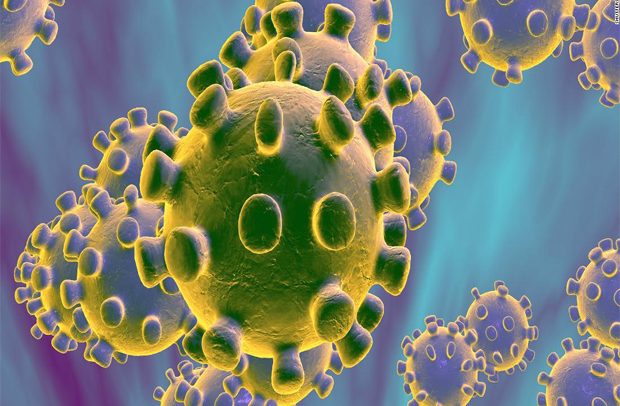There has been a spike in anxiety and depression among professional football players during the COVID-19 crisis, a study has found.
Australia’s player union, Professional Footballers Australia, conducted research with FIFPro, the global representative body for professional footballers, with more than 150 Australian players participating in the study across March and April.
The research, conducted by FIFPro’s Chief Medical Officer Vincent Gouttebarge, showed 77 percent of male and female footballers surveyed had reported concern about their careers.
During football’s shutdown period and government-enforced isolations, 58 percent of players had reported symptoms of anxiety, with 45 demonstrating symptoms of depression.
At regular times, moderate-to-severe anxiety symptoms peak at about eight percent in footballers, compared to five percent in the general community.
“These alarming trends should be a wake-up call and should rightly reframe the focus of COVID-19 on football from economic impacts to the human and health impacts,” Professional Footballers Australia chief executive John Didulica said in a statement.
“Amplifying the challenges inherent in COVID-19 is uncertainty.
“We are all aware that the future economics of the sport will shift and that we all need to adapt to that.
“However, what shouldn’t change is a commitment to supporting our people — and the current uncertainty is central to the increased mental health challenges being experienced by players.”
The majority of players involved in the study were based in Australia while some were based overseas.
The A-League is suspended until at least April 22, when its status will be re-assessed. The W-League season has already been completed.


